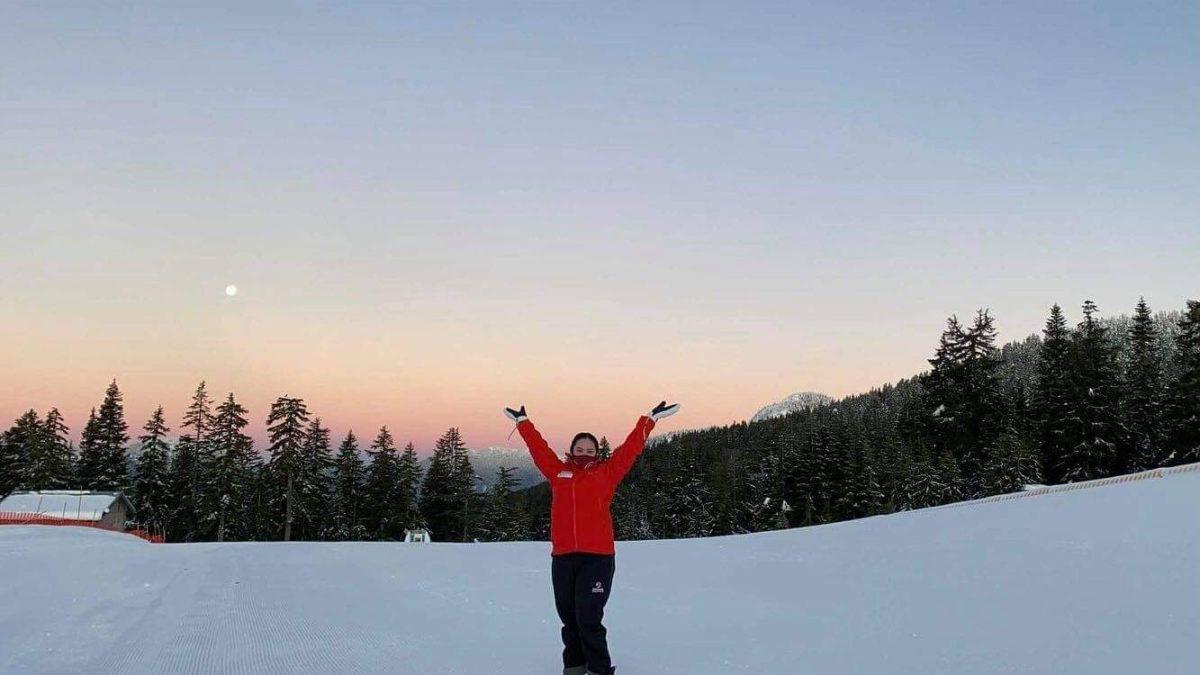After trying for months to unsuccessfully obtain a visa, Maria Vitória Moura ’24 had to do her Fall 2020 semester remotely from her country of residence, Brazil. The stressful term system, coupled with time differences and the difficulty of being a first-year student at Wellesley left her with only one option for the spring: taking time off.
“I felt so alone,” Moura said. “I felt like I was doing everything completely wrong.”
Similar to Moura, Bianco Po ’22 also elected to take a semester off. Po was persuaded when their study abroad program in Portugal was canceled. While they considered taking the whole year off, they wanted to graduate on time and not overload their senior year. While they enjoyed being closer to friends and family, Po struggled to find purpose in their time off.
“I just felt like I wasn’t achieving anything,” Po said. “I’m always trying to do the most as many Wellesley students do, so it felt very unfulfilling.”
Unlike Moura and Po, Yihui Liao ’22, Caitlin Gordon ’23 and Nerissa Yiu ’24 all choose to take the whole year off. While Gordon and Yiu will be graduating a year later, and Liao a semester later, all three believe that taking a leave was worth the additional time it will take to graduate. Additionally, Liao, Gordon and Yiu all felt that it was not worth paying the same for remote classes as they would have for in-person learning.
Although Gordon was initially only planning to take the fall off, once she found out the spring athletic seasons were canceled, she decided it was best to take off both semesters. Additionally, as an international student from Canada, Gordon did not want to risk her safety by flying back to the United States where COVID-19 cases were higher.
“Wellesley’s expensive and I wouldn’t want to come back to online school or school physically and just have this half experience,” Gordon said. “I’d rather take the time off and get a more normal year.”
Gordon spent her year working at a sky resort as a lift operator and later a camp counselor. She found that her gap year gave her time to “regroup and recollect” herself in a way she’d never had time to before. Liao also felt that her time off gave her the mental break she needed. Both emphasized that taking a break from the “chaotic” Wellesley culture was ultimately beneficial for their mental health and .
“If you’re feeling really overwhelmed from academics and Wellesley’s environment, I’d recommend [it],” Liao said. “It’s okay to take that time.”
While Yiu enjoyed her gap year, like Moura, she felt isolated from the Wellesley community. Although she was able to maintain some connections to the campus by participating in student organizations, she missed being able to interact with her peers on a daily basis.
“I don’t think I would have had the circumstance to take a gap year if it weren’t for the [pandemic],” Yiu said. “I honestly sometimes really wish I had been on campus.”
Yiu also spoke about how difficult it was to transition back into a normal year at Wellesley given that she felt like there was “no support for gap year students.”
Moura shared Yiu’s sentiment, and added that as a sophomore international student, she felt that she received little support from administration to adjust to campus again. According to her, even students who weren’t on campus at all last year, like Moura, weren’t able to attend new student orientation.
“They never cared,” Moura said.
While Po has been on campus before, they also felt that the transition back to Wellesley was difficult given all the new faces around campus.
“When I’m walking around campus, I don’t really recognize that many people, which is really strange,” Po said. “Before I felt like I couldn’t walk for more than two minutes without seeing someone I knew.”
Ultimately, Po, along with Moura, Liao, Gordon and Yiu, are all happy with their decision to take time off.
“In five to ten years from now, you’re gonna be like, wow, you were smart to take a step back and take a gap year,” Yiu said.






